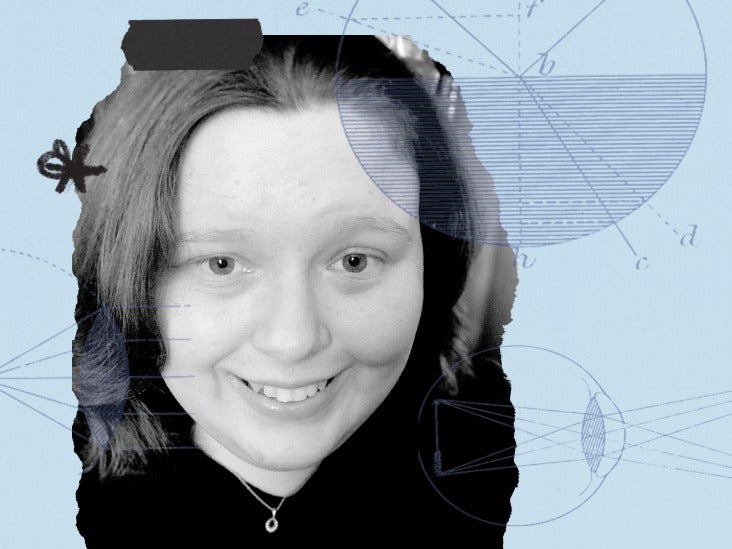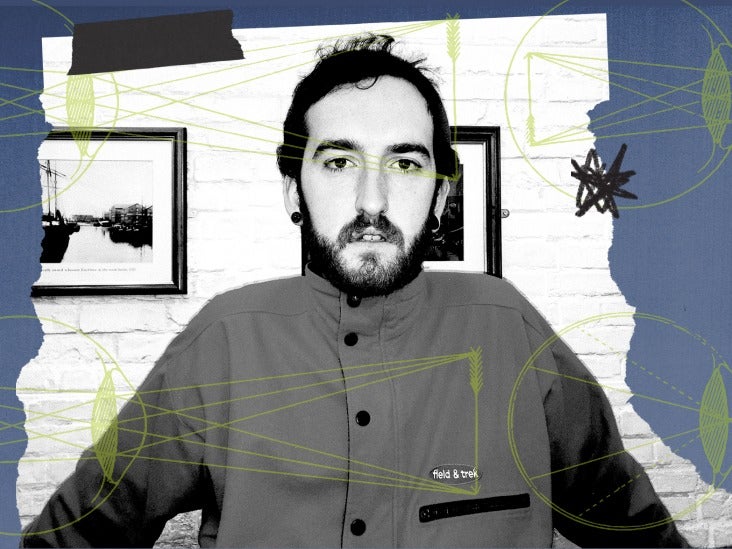
- “Brain fog” is a widely reported issue following COVID-19.
- A new study has found problems with memory, attention, and thought processing in people several months after recovery from COVID-19.
- People hospitalized for COVID-19 symptoms were most likely to experience cognitive impairment.
- The findings may have implications for the long-term treatment of those who recover from COVID-19.
A new study featuring in JAMA Network Open has found that COVID-19 survivors may experience cognitive impairment, known colloquially as brain fog, for several months after diagnosis.
This study adds to evidence from previous work on long COVID. However, most other studies to date, including a large cohort study in the United Kingdom, have used self-reported confirmation of SARS-CoV-2 infection and online questionnaires to assess cognitive deficit. In this new study, all participants underwent in-person psychological testing to assess cognitive function.
The corresponding author of the study, Dr. Jacqueline Becker of the Icahn School of Medicine at Mount Sinai, NY, told Medical News Today, “One of the main strengths of our study was that we had reliable and valid in-person cognitive measures.”
The cross-sectional study assessed the cognitive functioning of 740 people who had recovered from COVID-19 between April 2020 and May 2021. All had received hospital treatment for COVID-19, as either outpatients, inpatients, or patients in the emergency department.
The researchers used well-validated neuropsychological measures to investigate attention, working memory, processing speed, executive functioning, memory encoding, memory recall, and recognition.
All of the participants were aged 18 years or older with a mean age of 49 years and no history of dementia. They either had serum antibody positivity or had previously tested positive for SARS-CoV-2. The team adjusted the results for race, ethnicity, smoking, body mass index, comorbidities, and depression. The mean time since COVID-19 diagnosis was 7.6 months.
The researchers gave the participants a score for each of the assessed categories. They recorded cognitive impairment in any category in which the person scored more than 1.5 standard deviations below the expected norm for their age, educational level, and sex.
Learning and memory problems
On assessment, 24% of the participants had problems with learning new information, known as memory encoding. Memory recall, which refers to retrieving previously learned information, was affected in 23% of the participants, and the time taken to complete a mental task, or the processing speed, was slower in 18%.
The researchers noted more significant effects in people who had been admitted to a hospital than in those who received treatment as outpatients or in the emergency department. In comparison with outpatients, hospitalized people were 2.8 times more likely to show attention problems and 2.3 times more likely to have issues with memory encoding.
They were also 1.8 times more likely to have issues with executive functioning, which can affect other areas of cognitive function, such as memory. These results confirm the findings from a previous study, which suggested that severity of disease may be a factor.
“Hospitalized patients had a higher frequency of impairment, but we also saw it in outpatients and those treated in the emergency department.”
– Dr. Jacqueline Becker
The study showed cognitive impairment in people almost 8 months following COVID-19 diagnosis. Although cognitive impairment has previously occurred in older adults following viral infections and critical care, Dr. Becker said, “In our fairly young sample, it was particularly surprising.”
The study authors call for further work to identify the risk factors and mechanisms underlying cognitive dysfunction, as well as options for rehabilitation.
Dr. Christopher Coleman, assistant professor of infection immunology at the University of Nottingham, UK, agrees that the study raises further questions. He said, “The biggest question for me is — is [the cognitive impairment] directly linked to SARS-CoV-2 infection (for example, of the brain — for which I don’t think there is evidence) or pathogenesis (for example, an overactive immune response causing more widespread damage)?”
“Or,” he added, “is this a result of societal changes — such as lockdowns/isolations causing psychological issues?”
The cause may be unclear, but the study clearly shows cognitive impairment in some who recover from SARS-CoV-2 infection. This adds to the issues that will need addressing as part of the long-term treatment of COVID-19, which is still highly prevalent worldwide.
For live updates on the latest developments regarding the novel coronavirus and COVID-19, click here.



Source: Read Full Article
